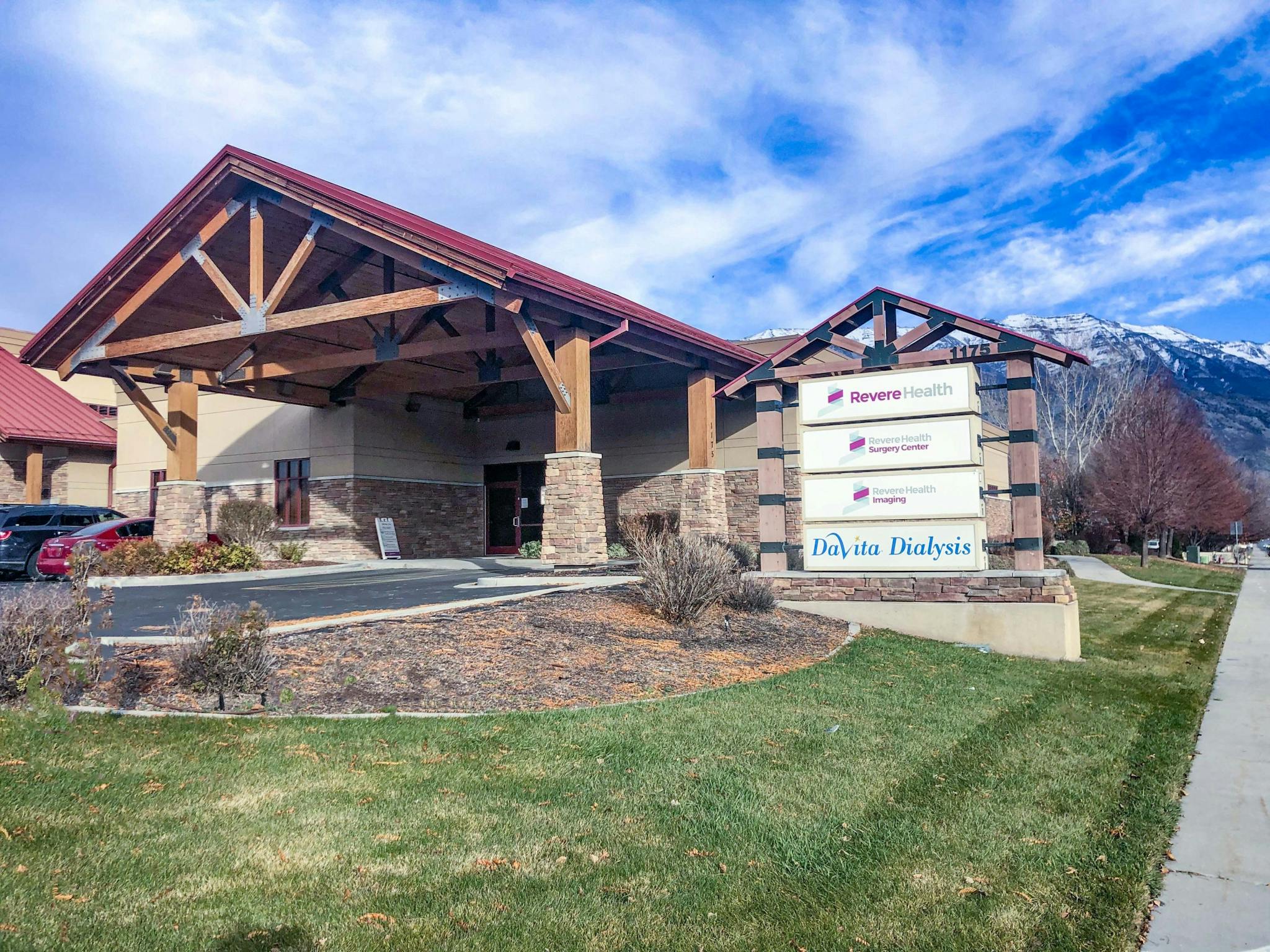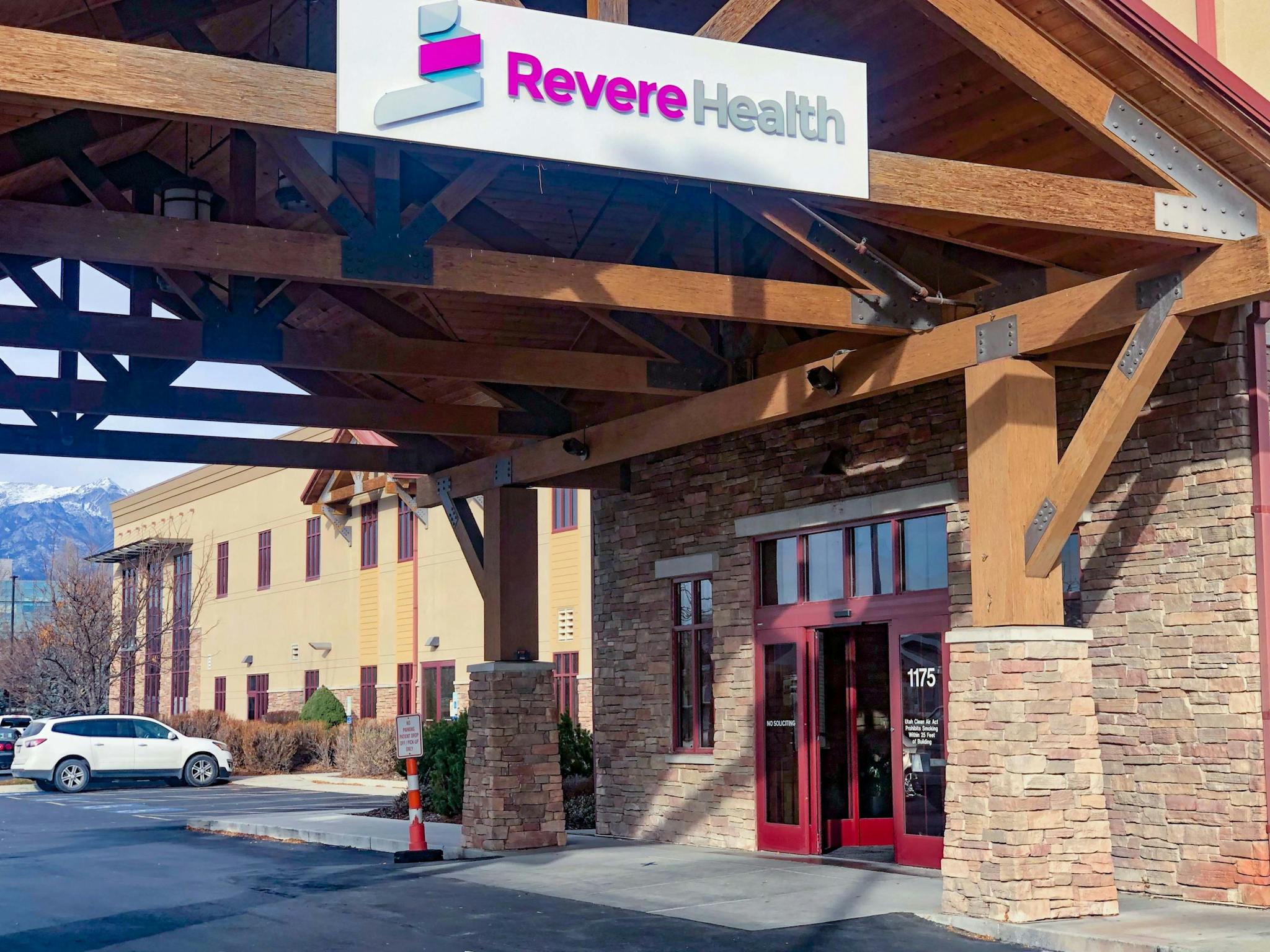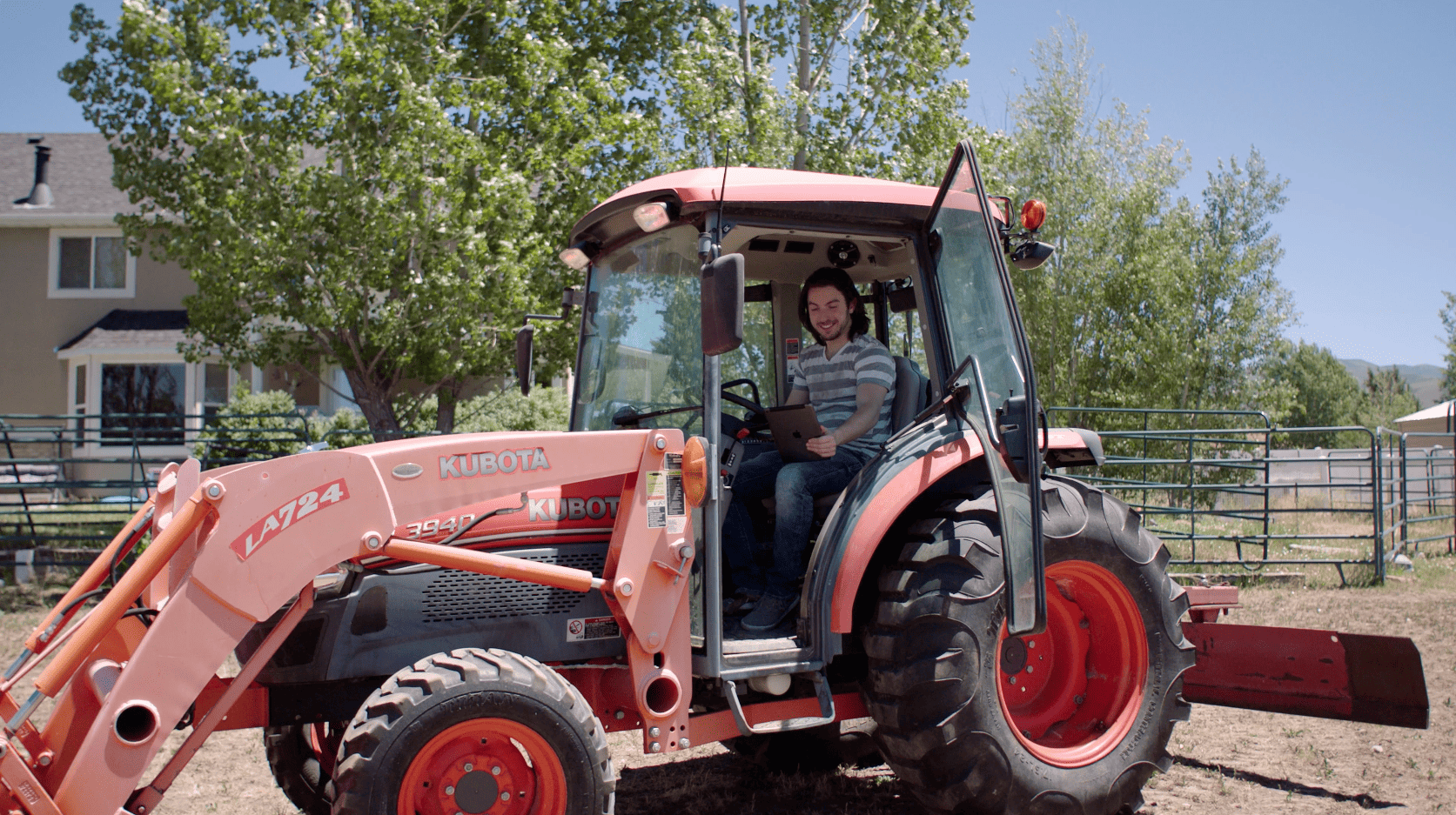Phone: (801) 418-0810
Fax: (801) 418-0811Monday - Thursday:
8:00 a.m. - 5:00 p.m.See patient education
resources below ↓
Services

Chronic Kidney Disease
A progressive loss of kidney function over several months or years, often caused by diabetes and high blood pressure.

Acute Renal Failure
An abrupt decline in your kidneys’ ability to eliminate excess fluids and waste materials from the body.

Hypertension
A condition occurring when the force of blood against artery walls is too high; often a precursor for other health problems.

Metabolic Bone Disease
Disorders related to the weakening of bone, usually caused by an imbalance in vitamin D3, calcium or phosphorus.

Salt, Mineral & Water Disorders
Diseases in which the body’s salt, mineral or water contents are abnormal or out of balance, causing complications.

Diabetes Mellitus
A disease in which the body does not properly produce or respond to insulin, a hormone that regulates glucose in the blood.

Anemia Management
Management of a condition marked by a deficiency of hemoglobin or red blood cells, causing pallor and fatigue.

Hemodialysis
A type of dialysis that takes over a failing kidney’s job by filtering blood in the veins and returning blood to the body.

Peritoneal Dialysis
Peritoneal dialysis is a way to remove waste products from your blood when your kidneys can no longer do the job adequately.

Renal Transplant
The organ transplant of a kidney into a patient with end-stage renal disease from either a deceased or living donor.

More about value-based care

Patient Education
- Videos
- Forms and Resources












